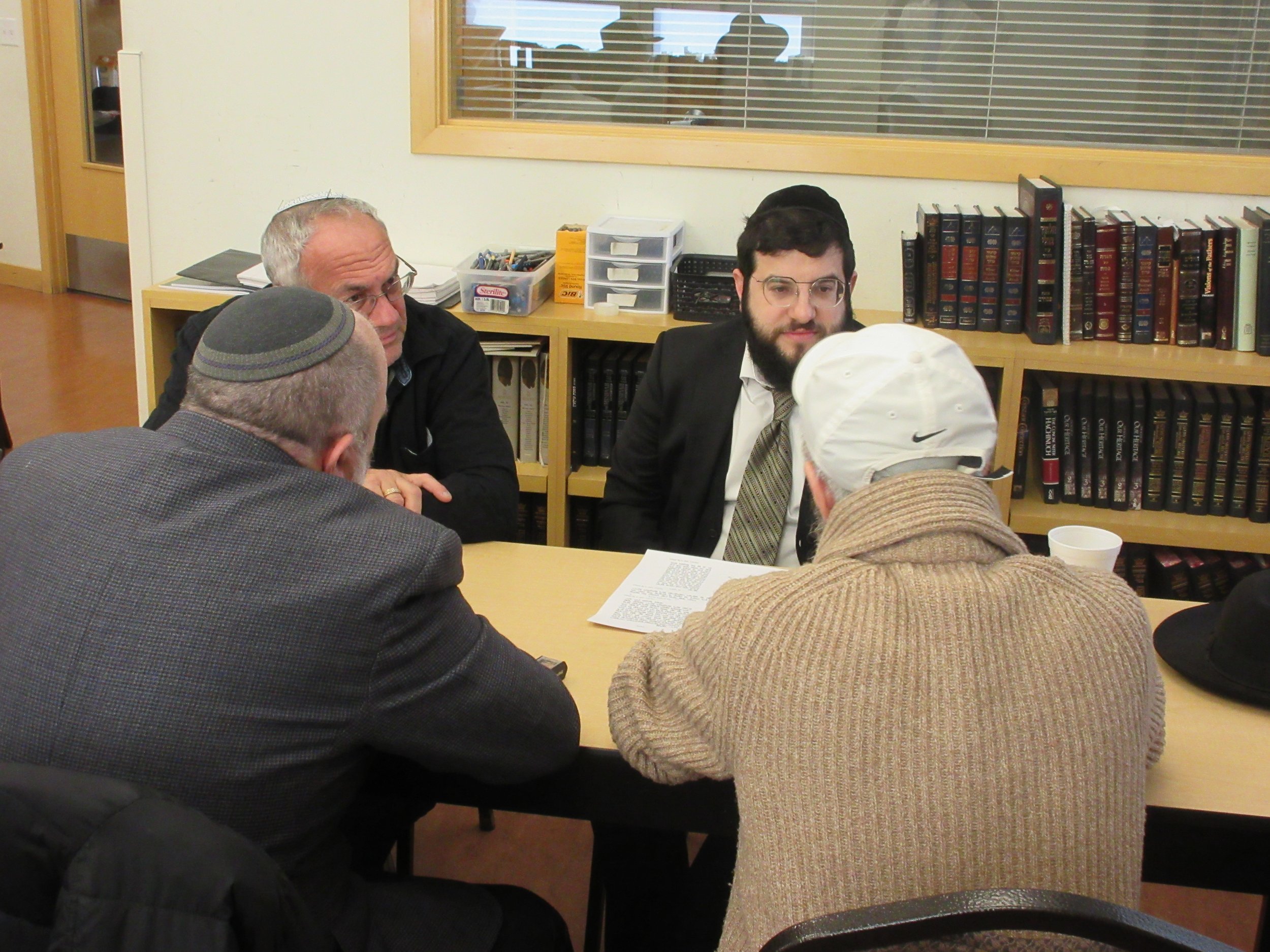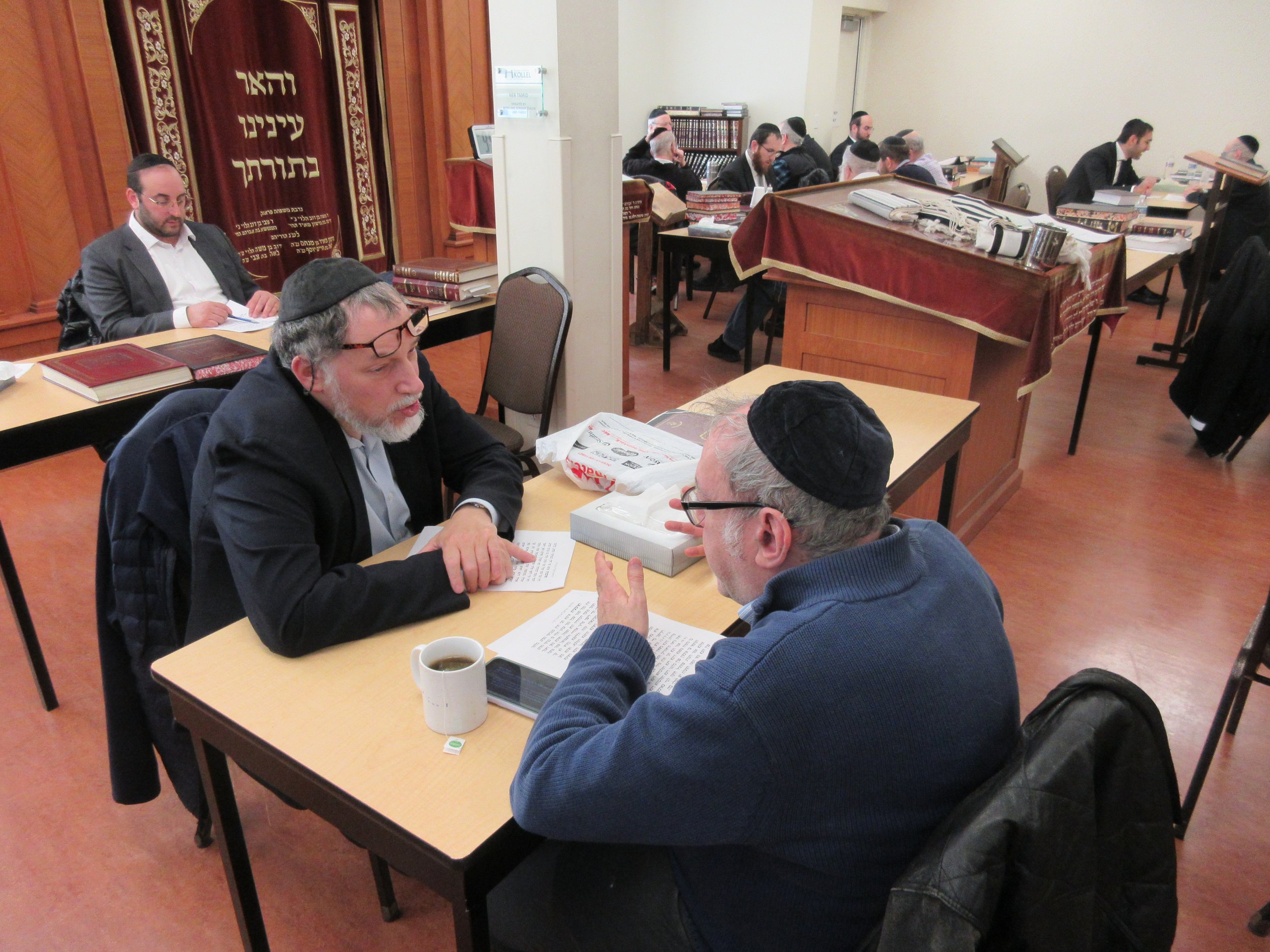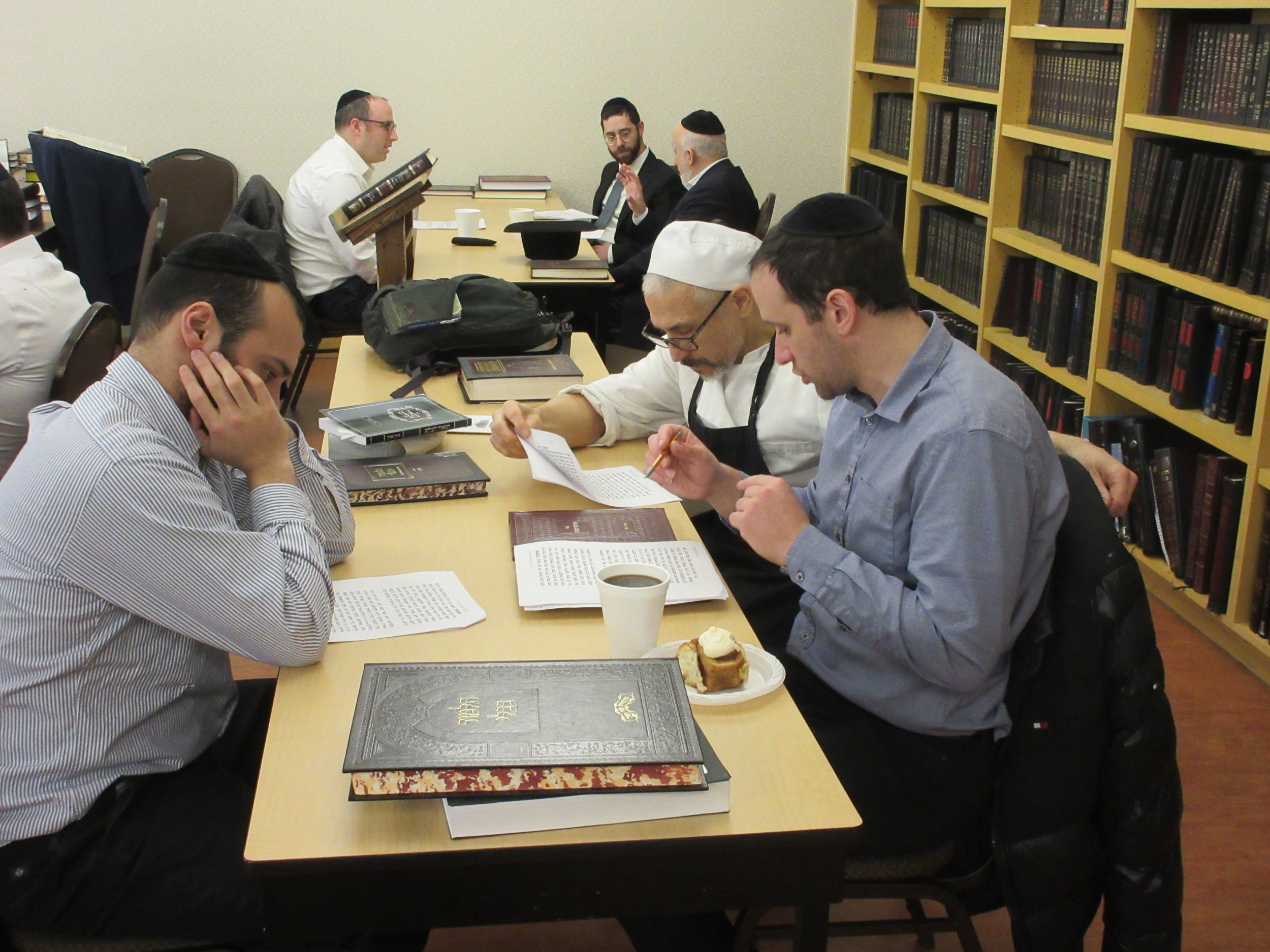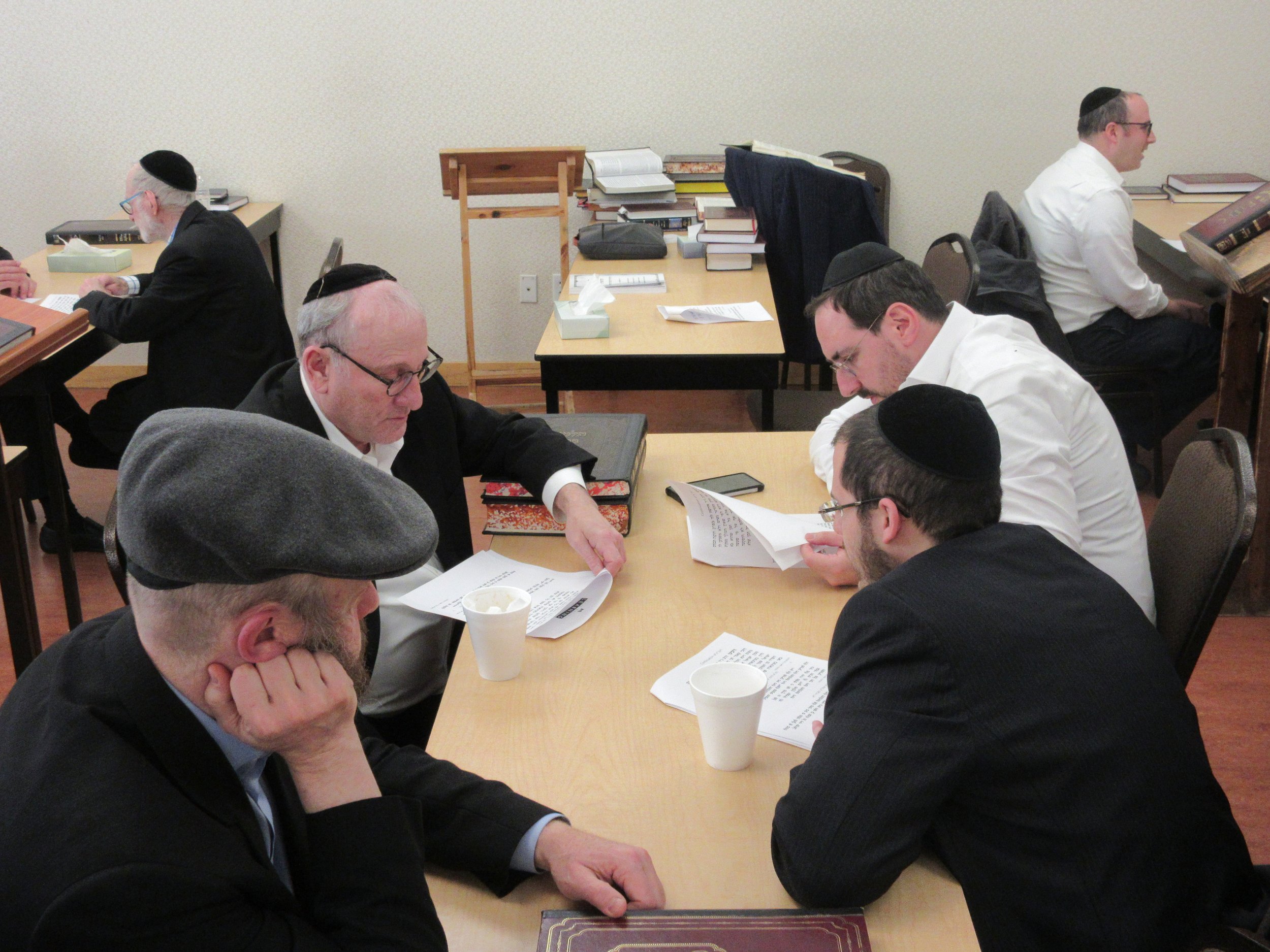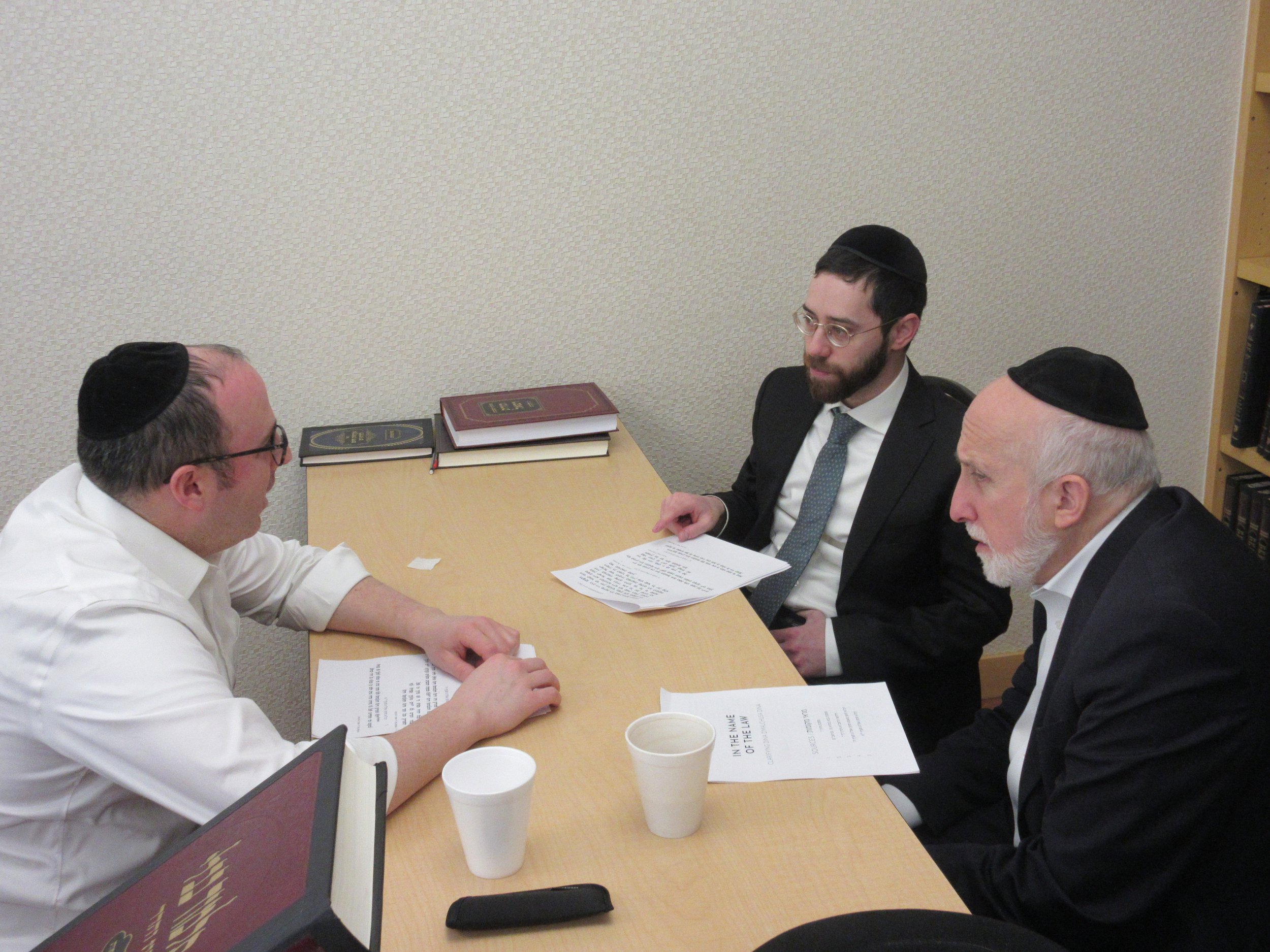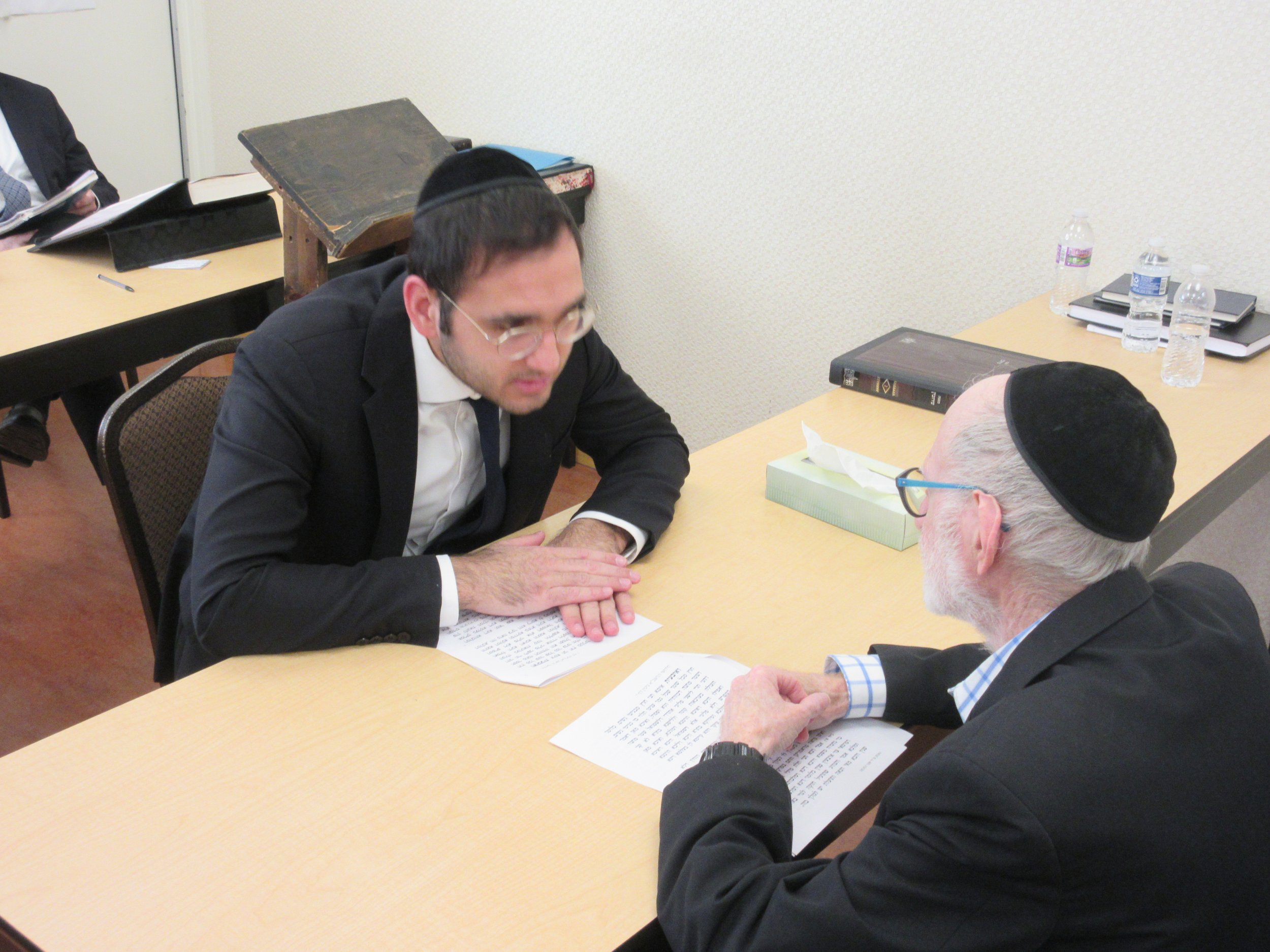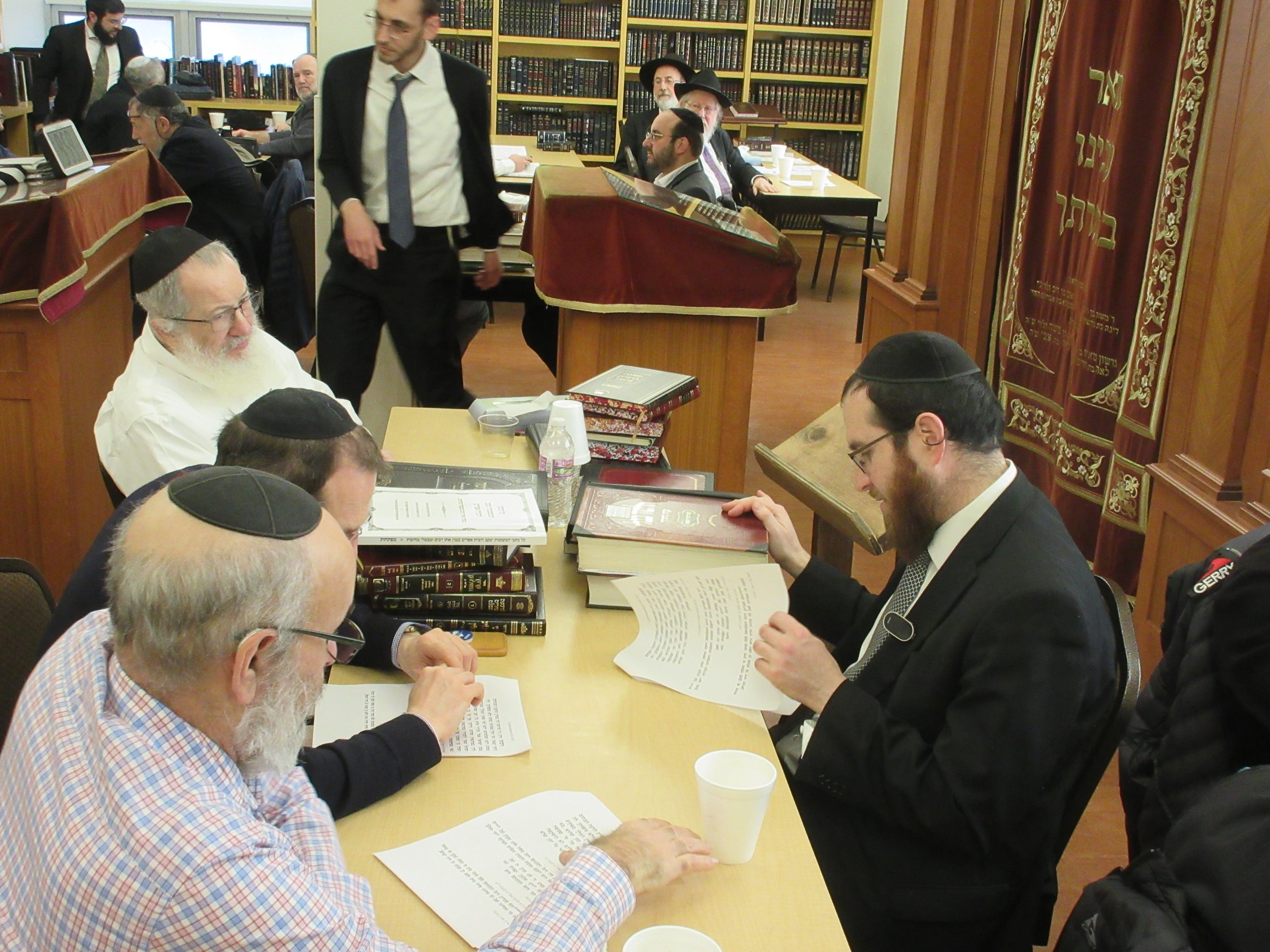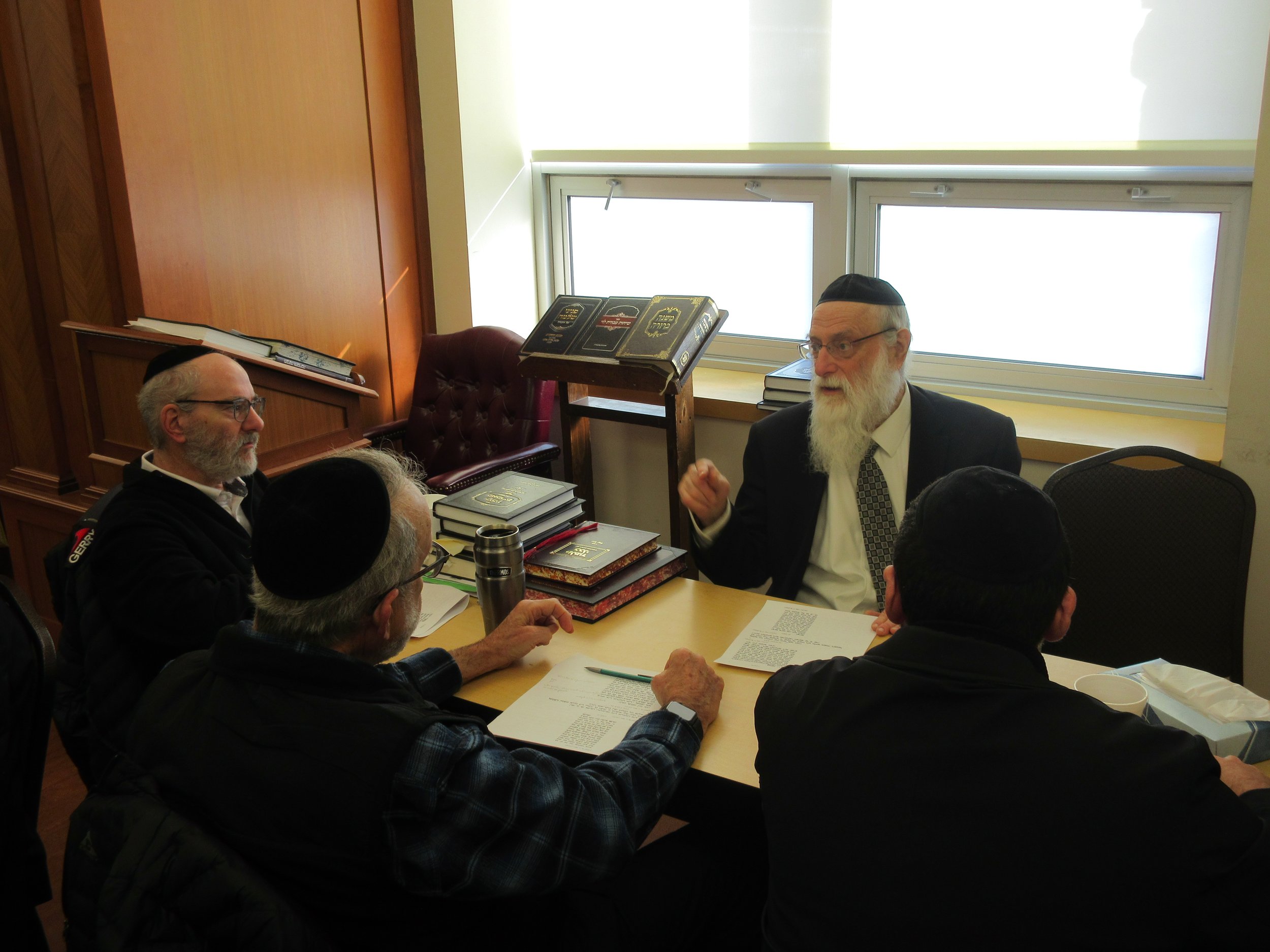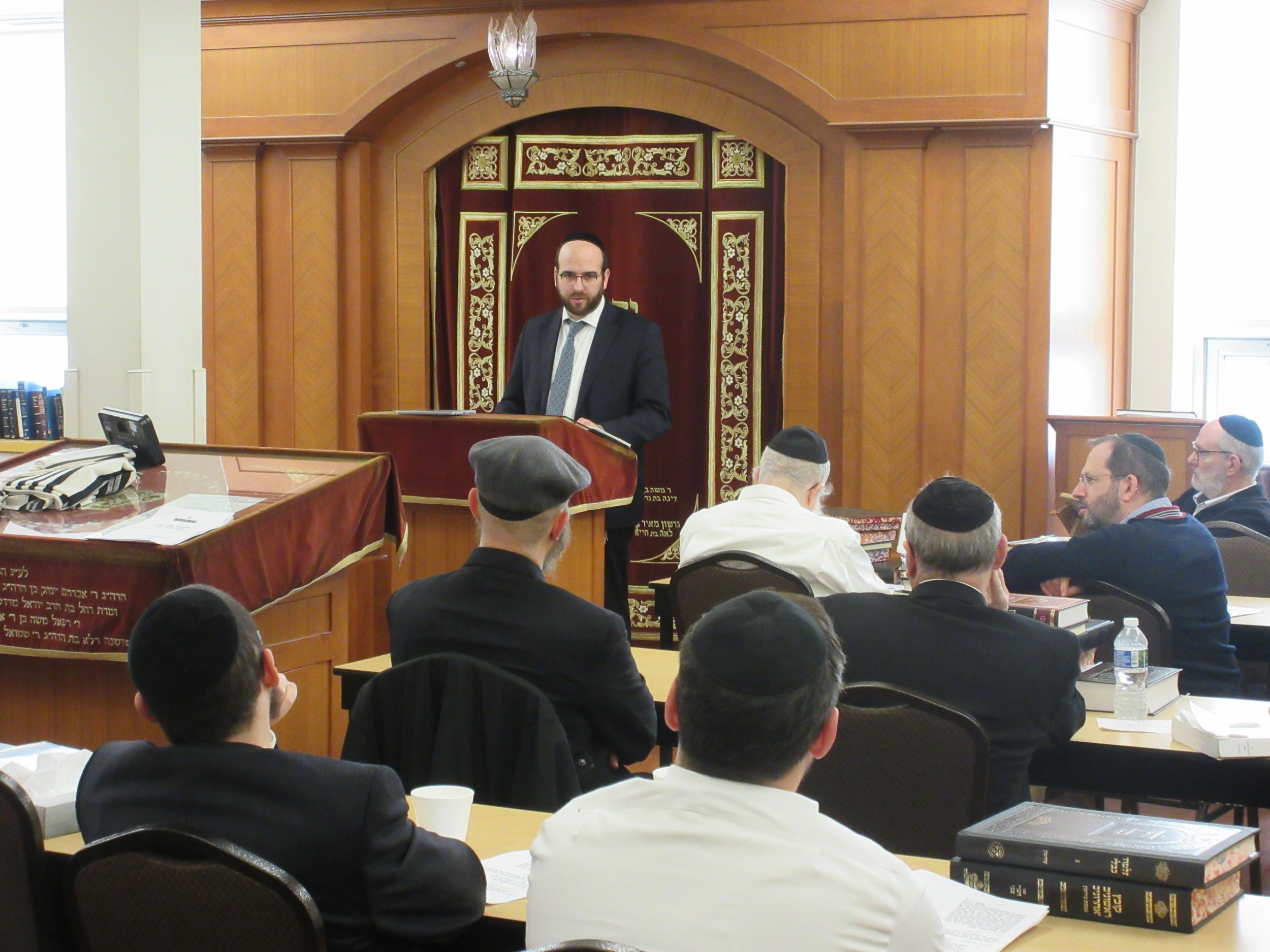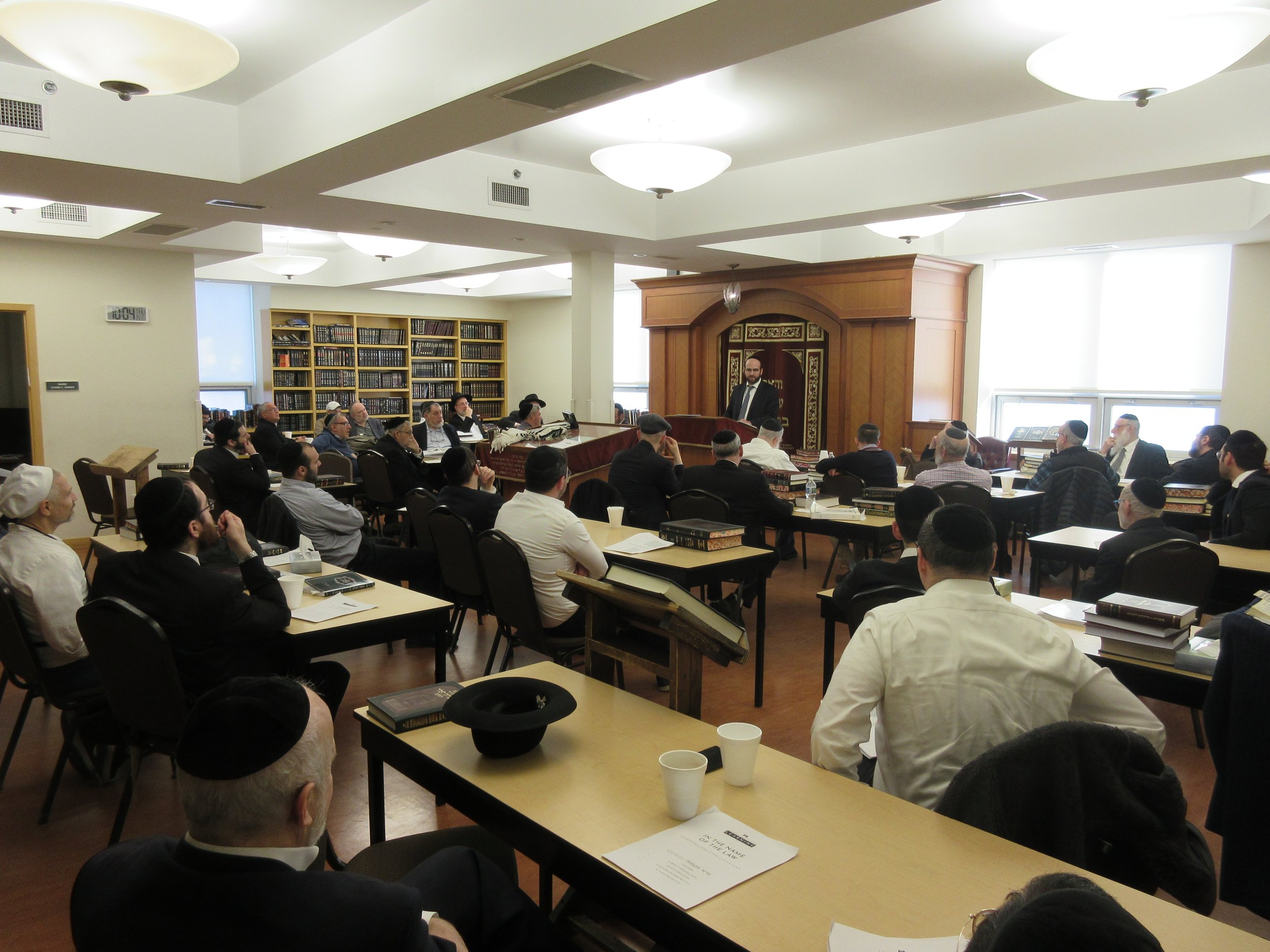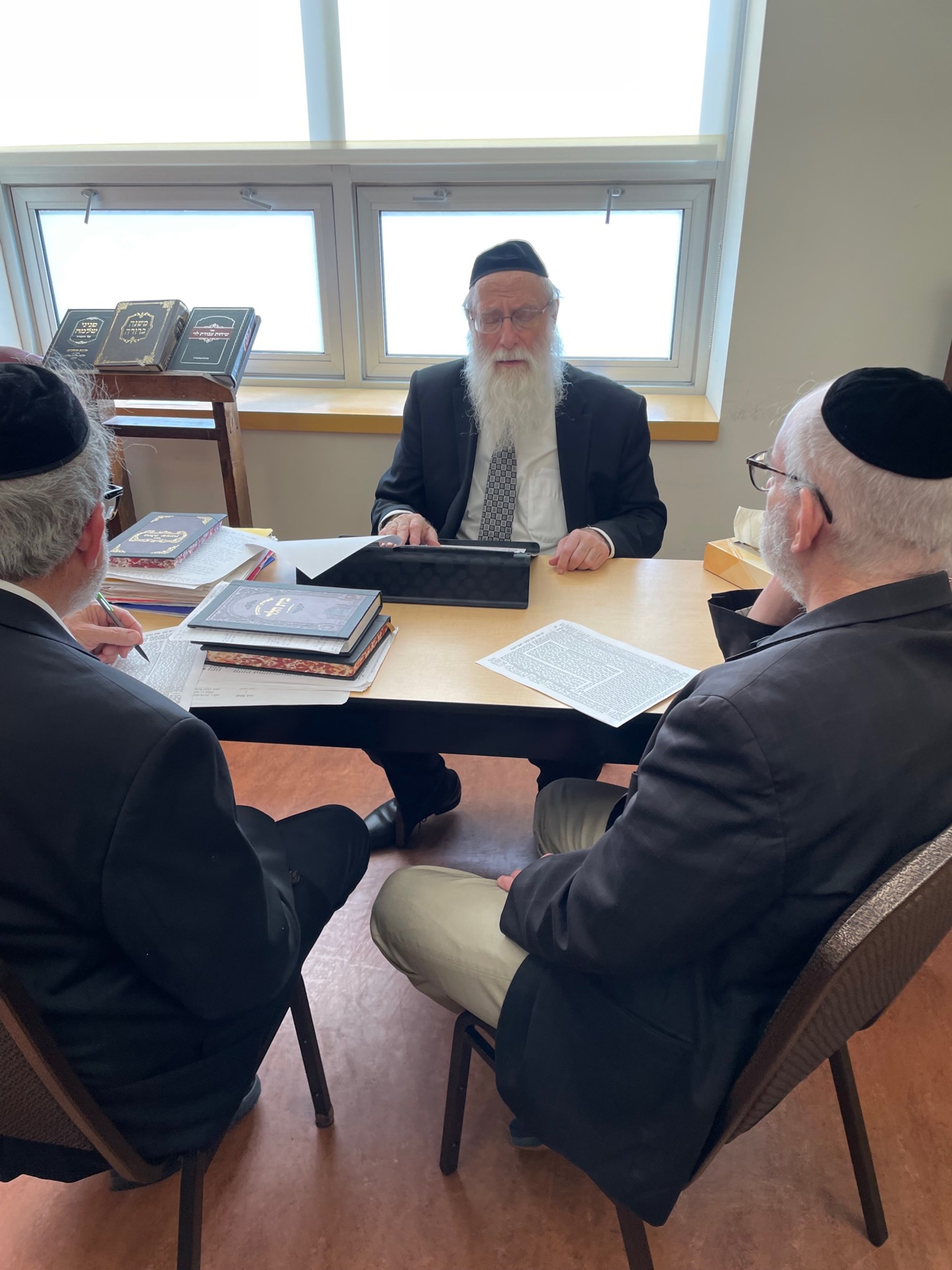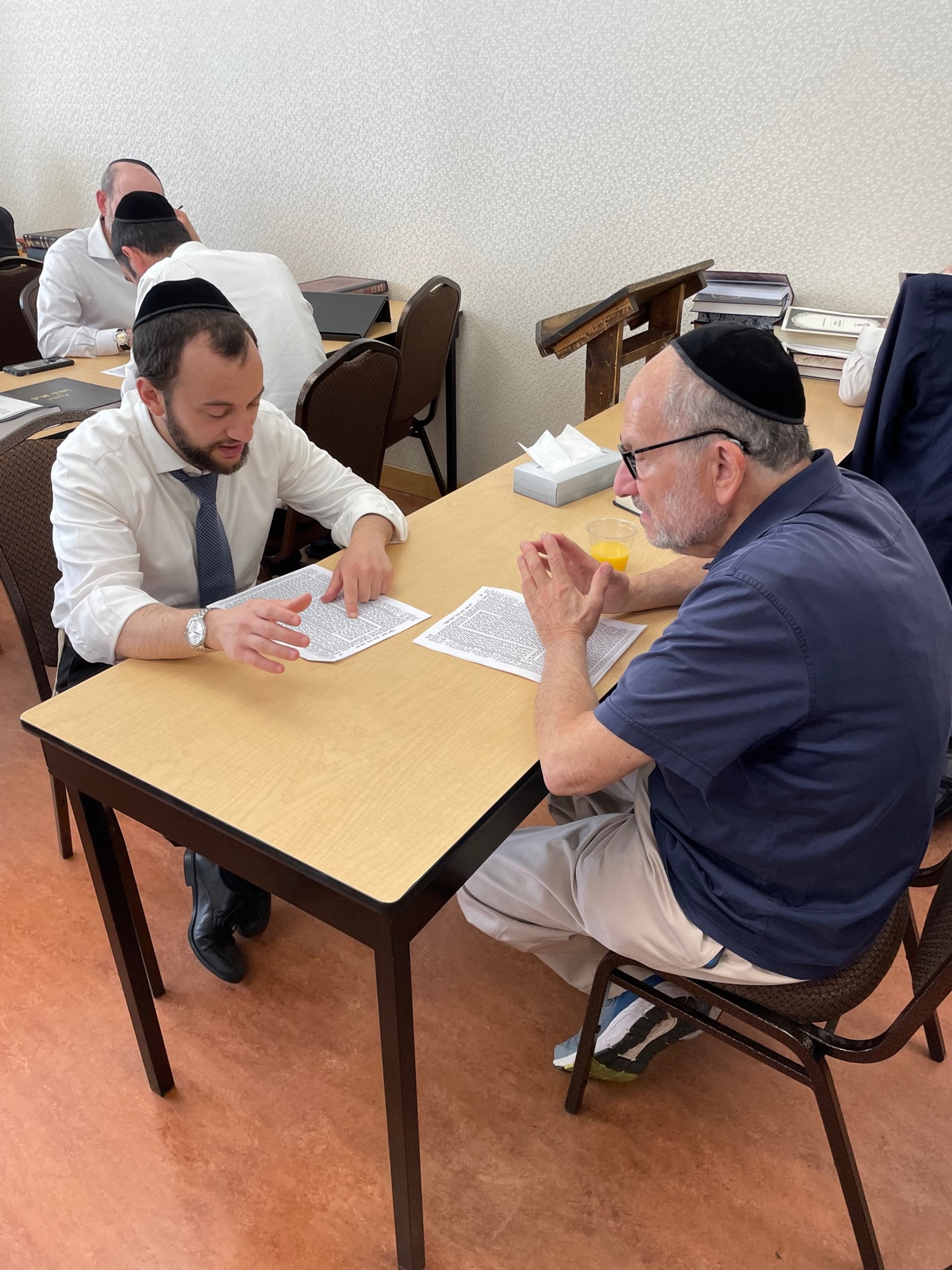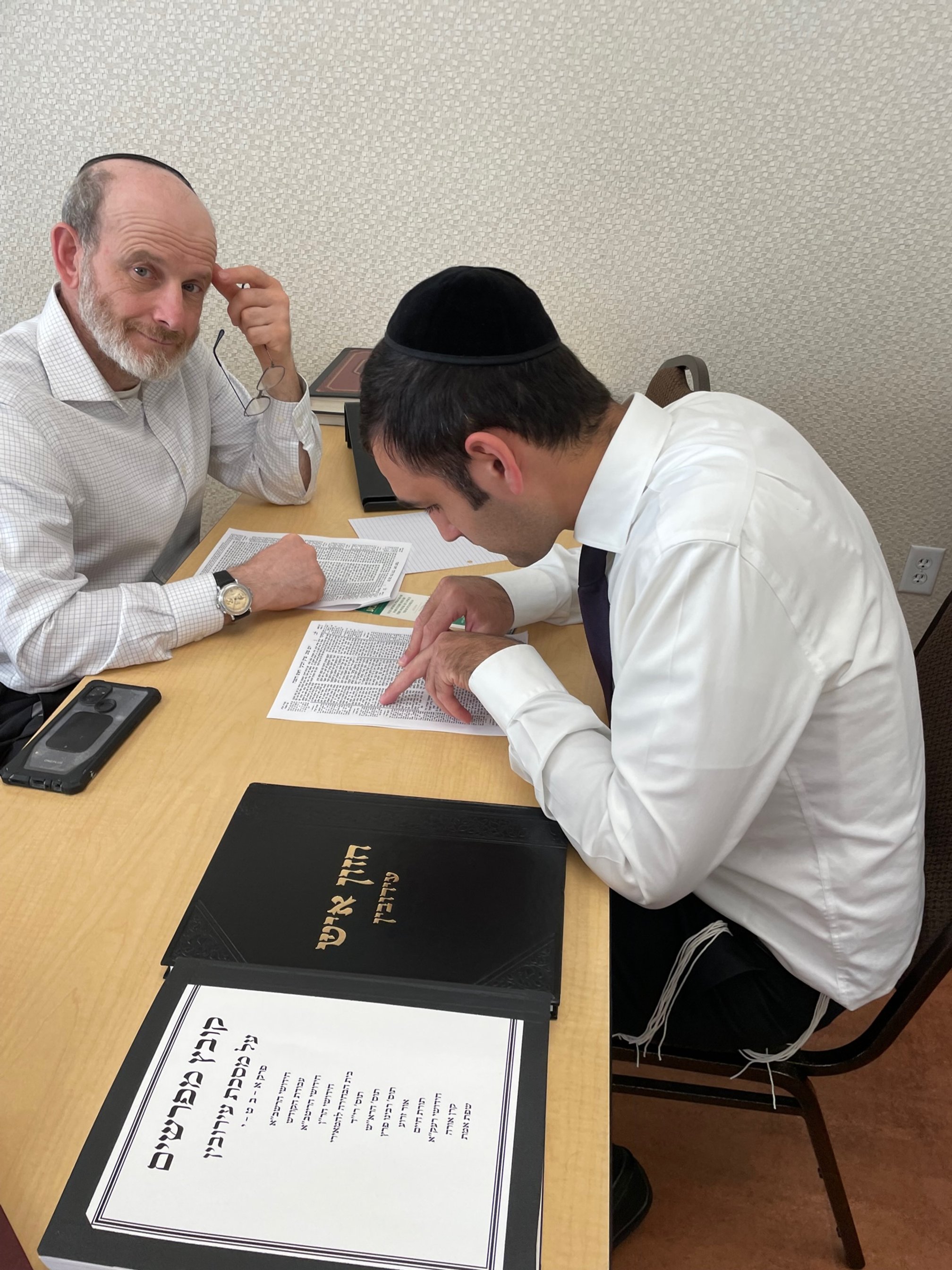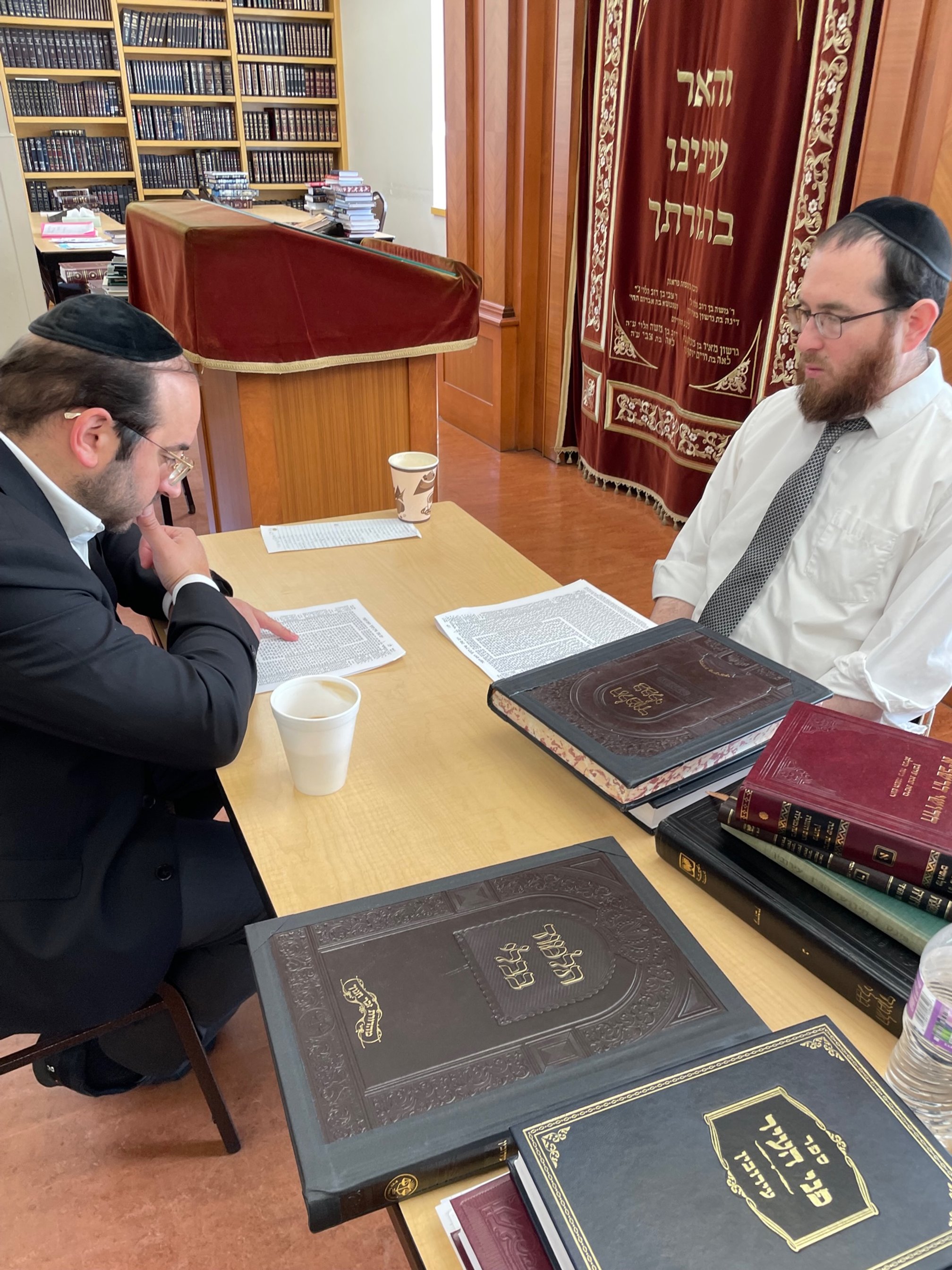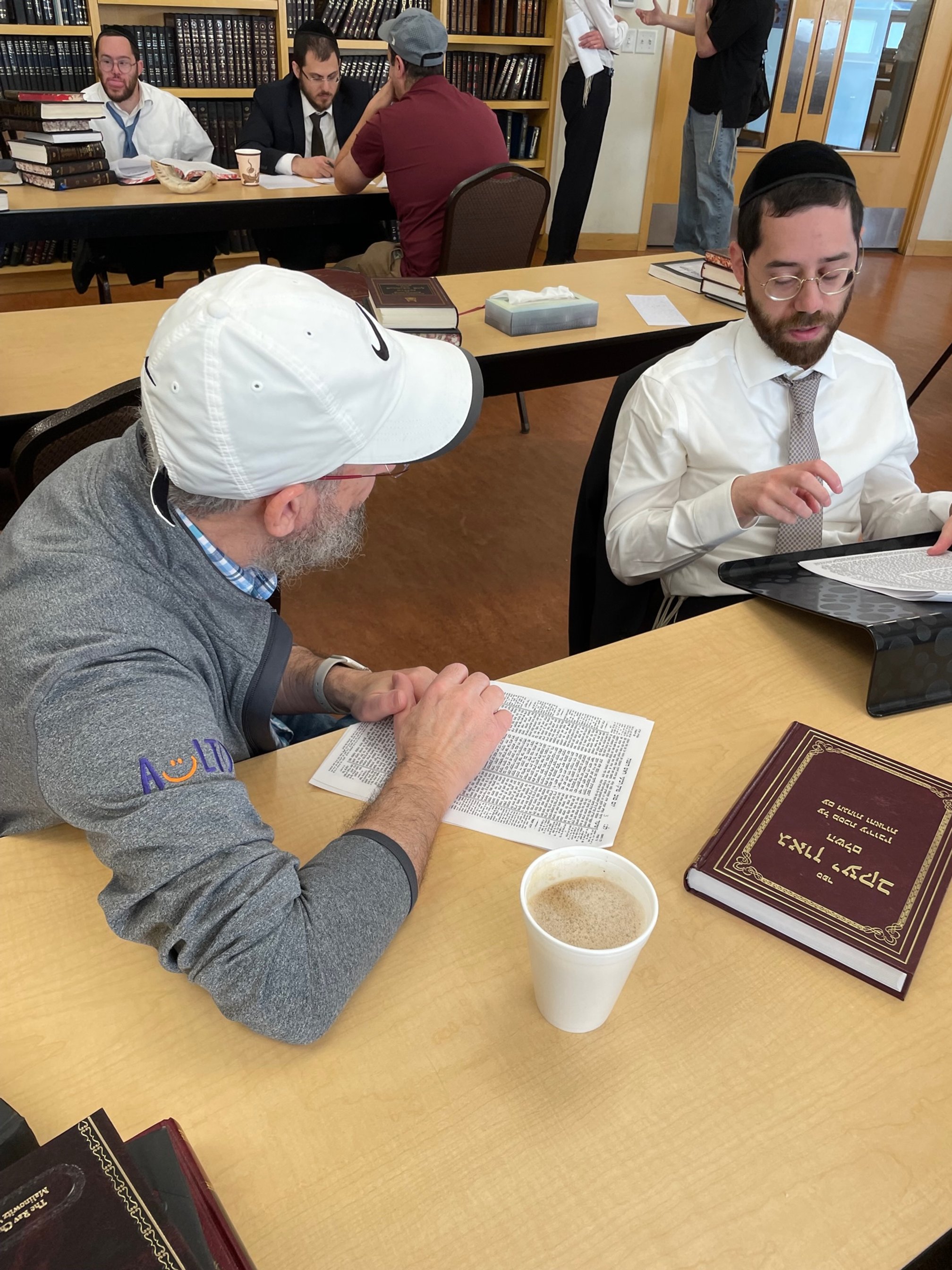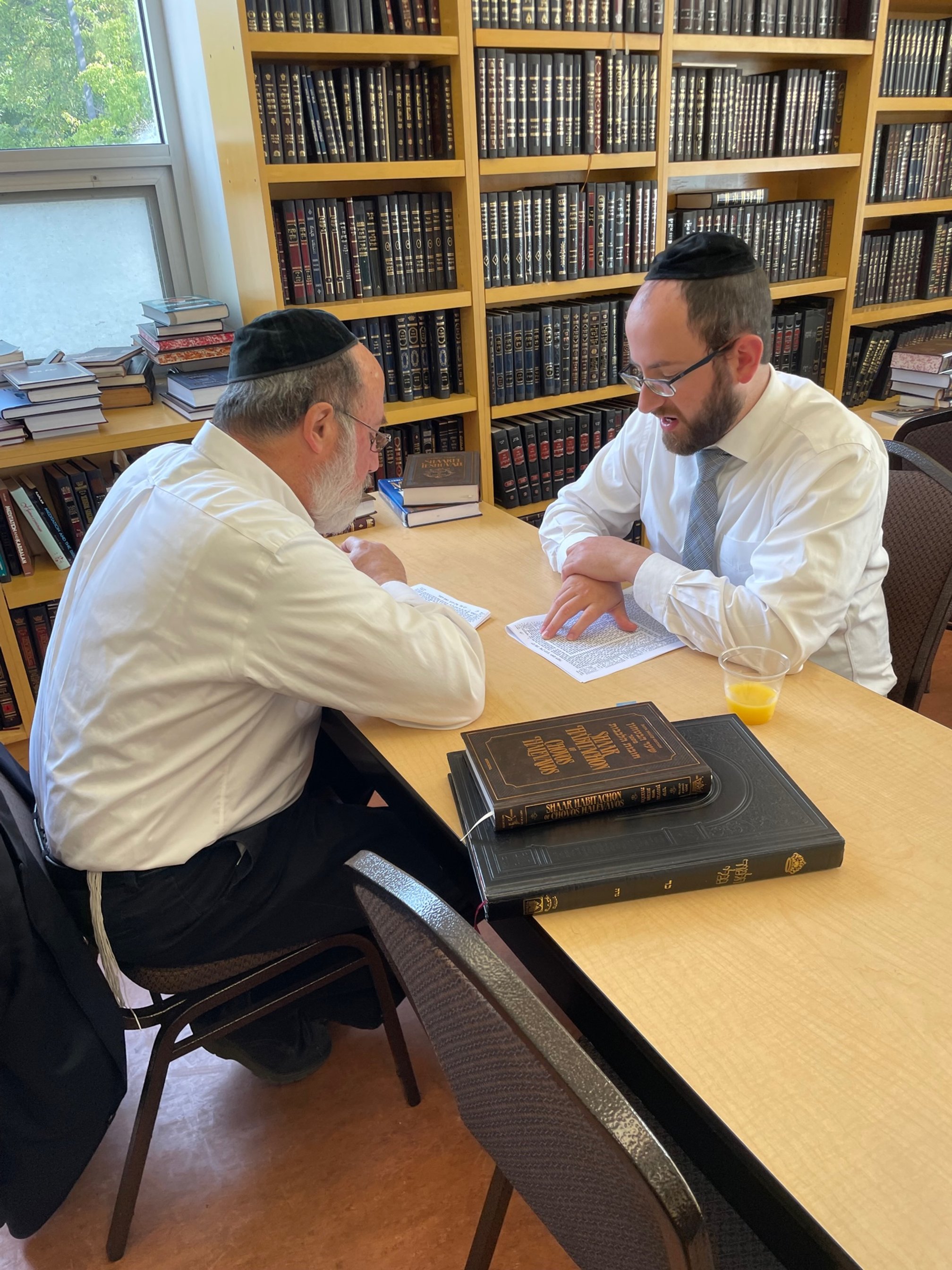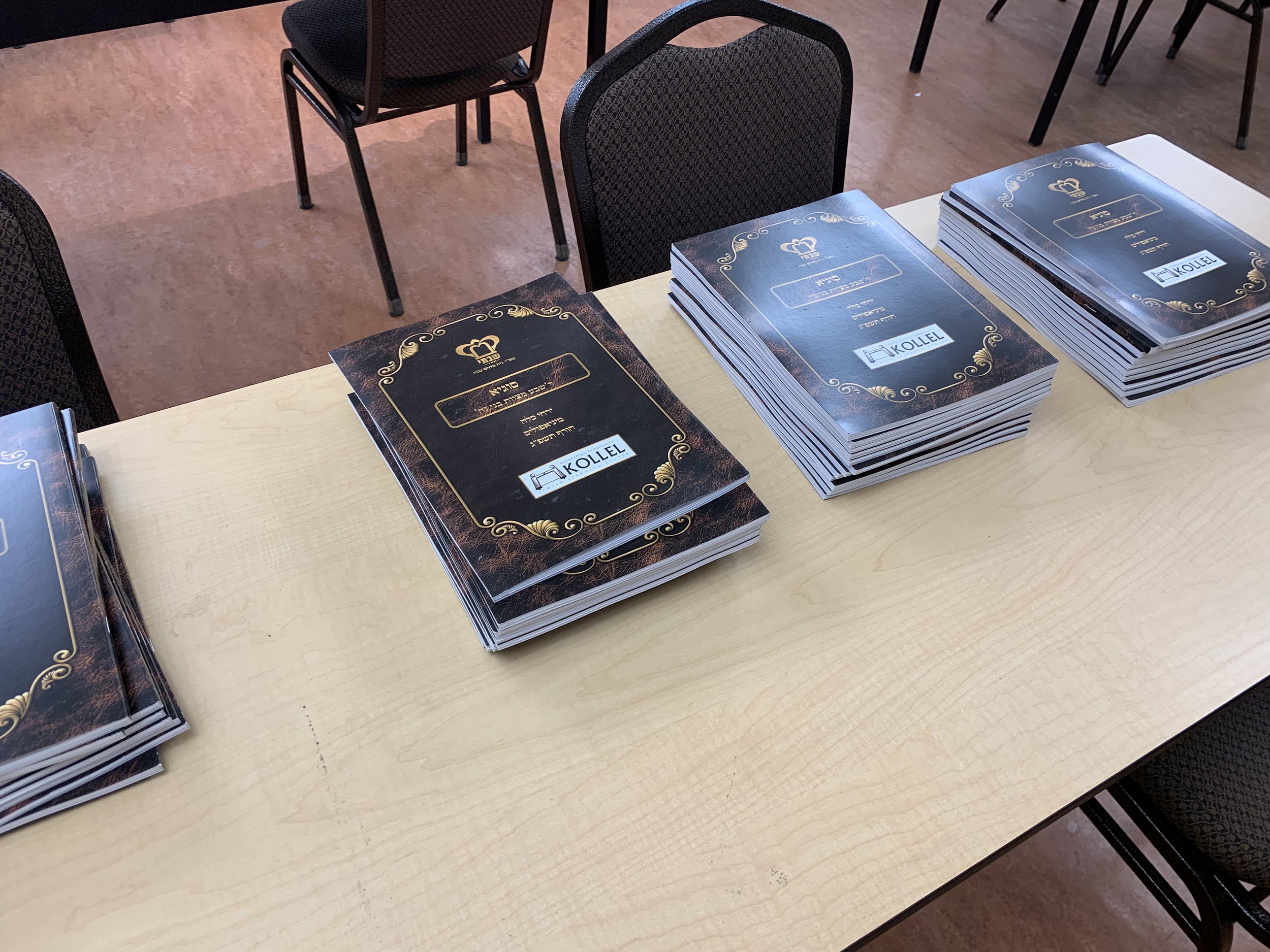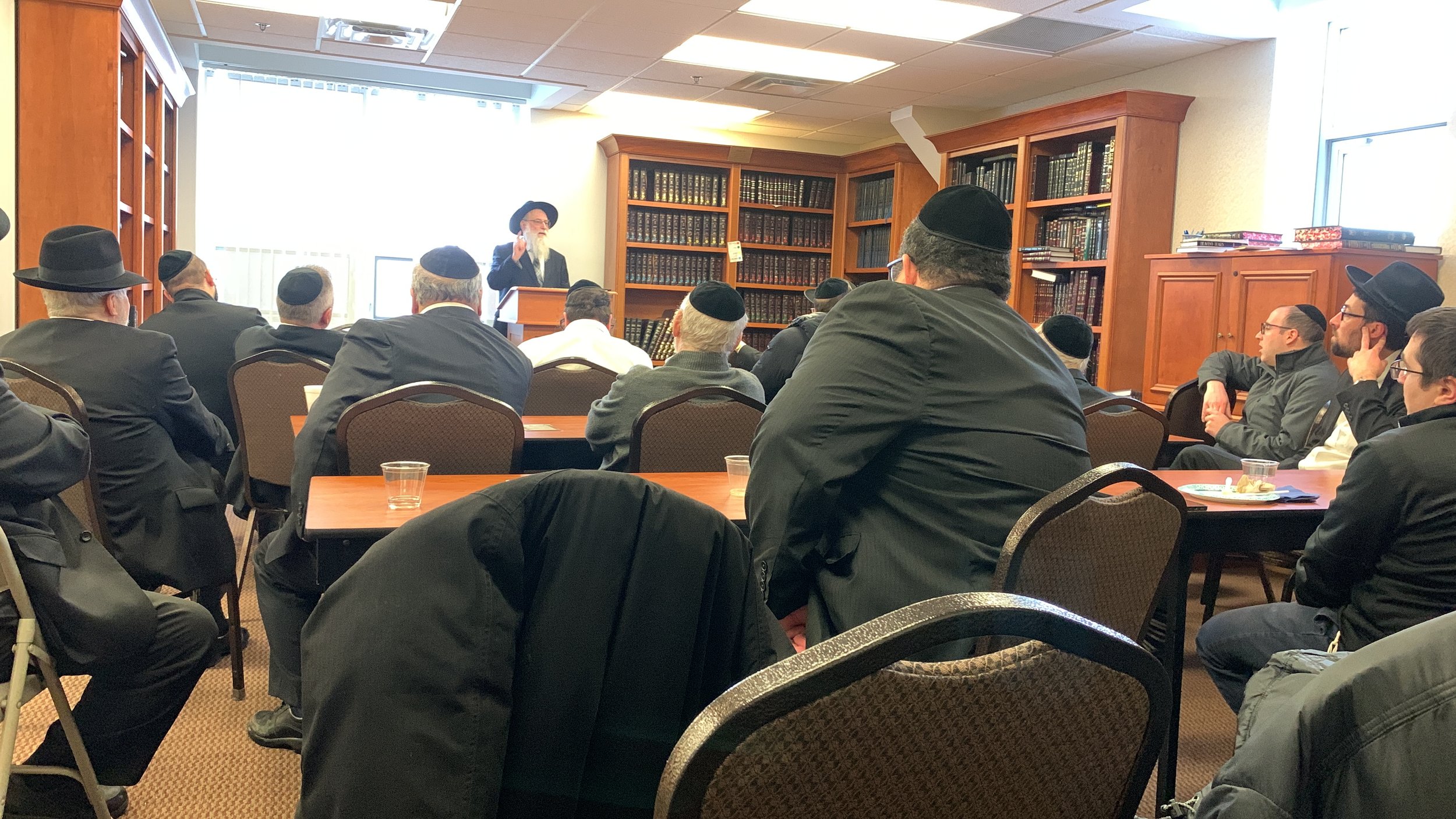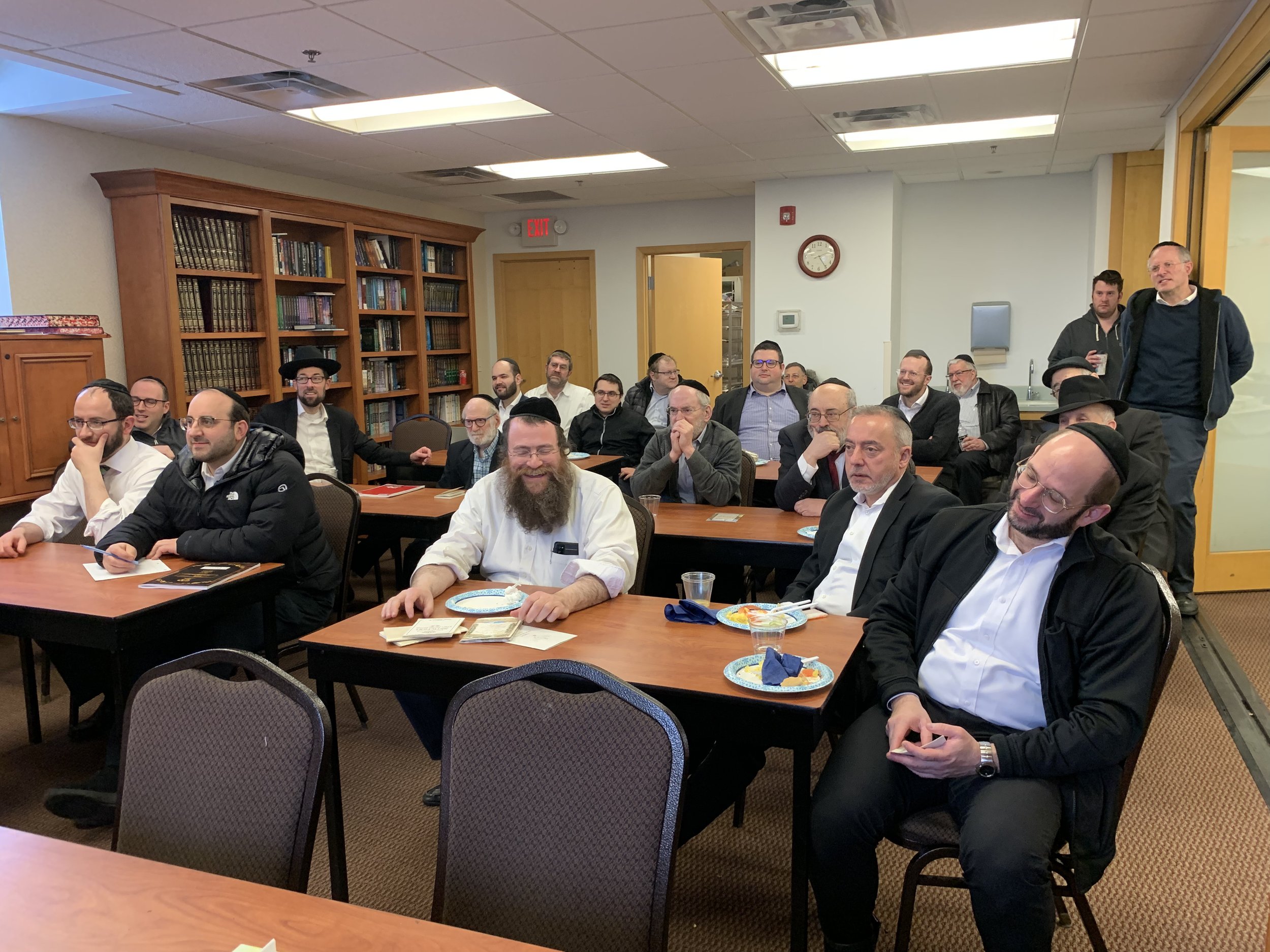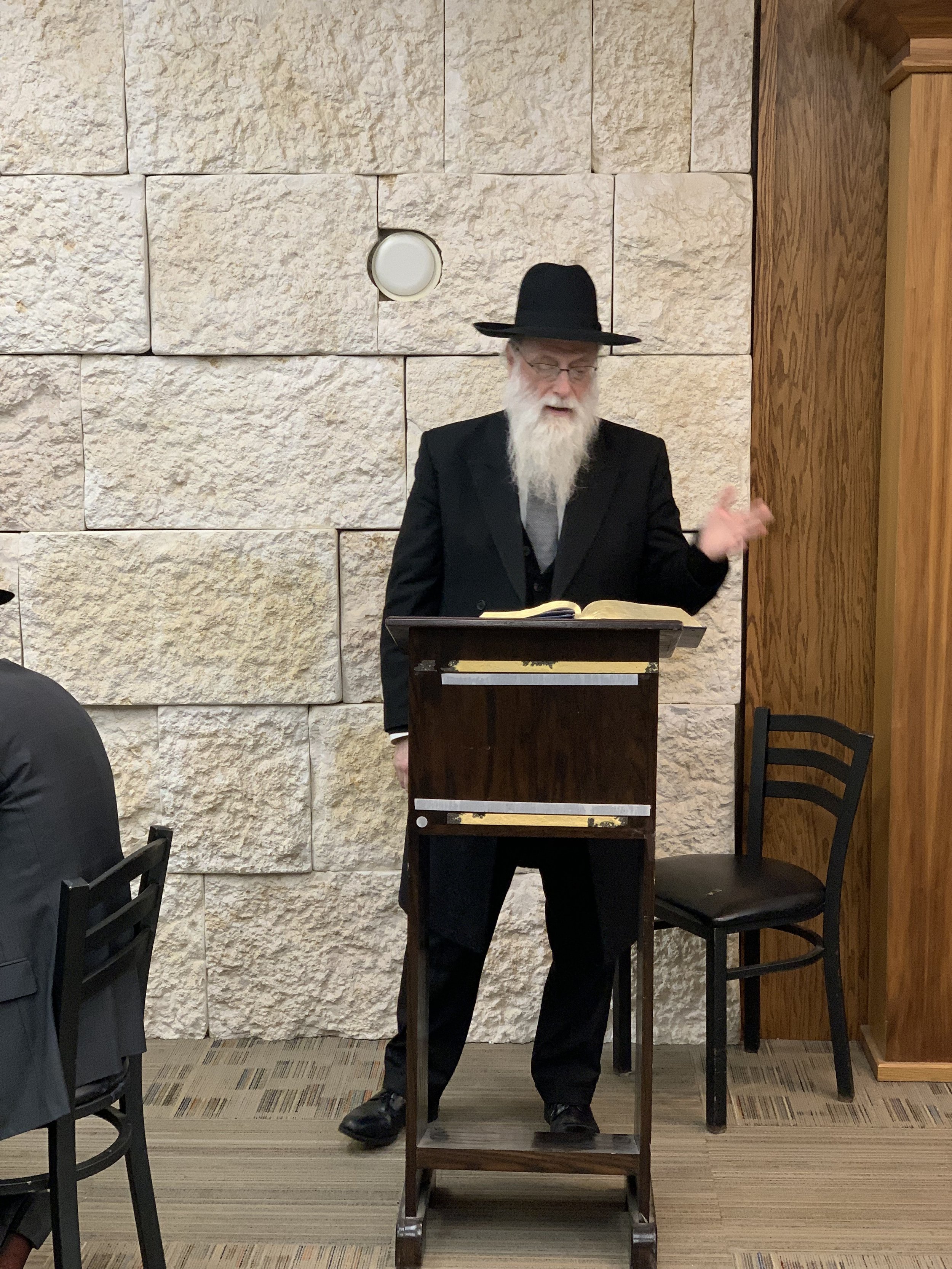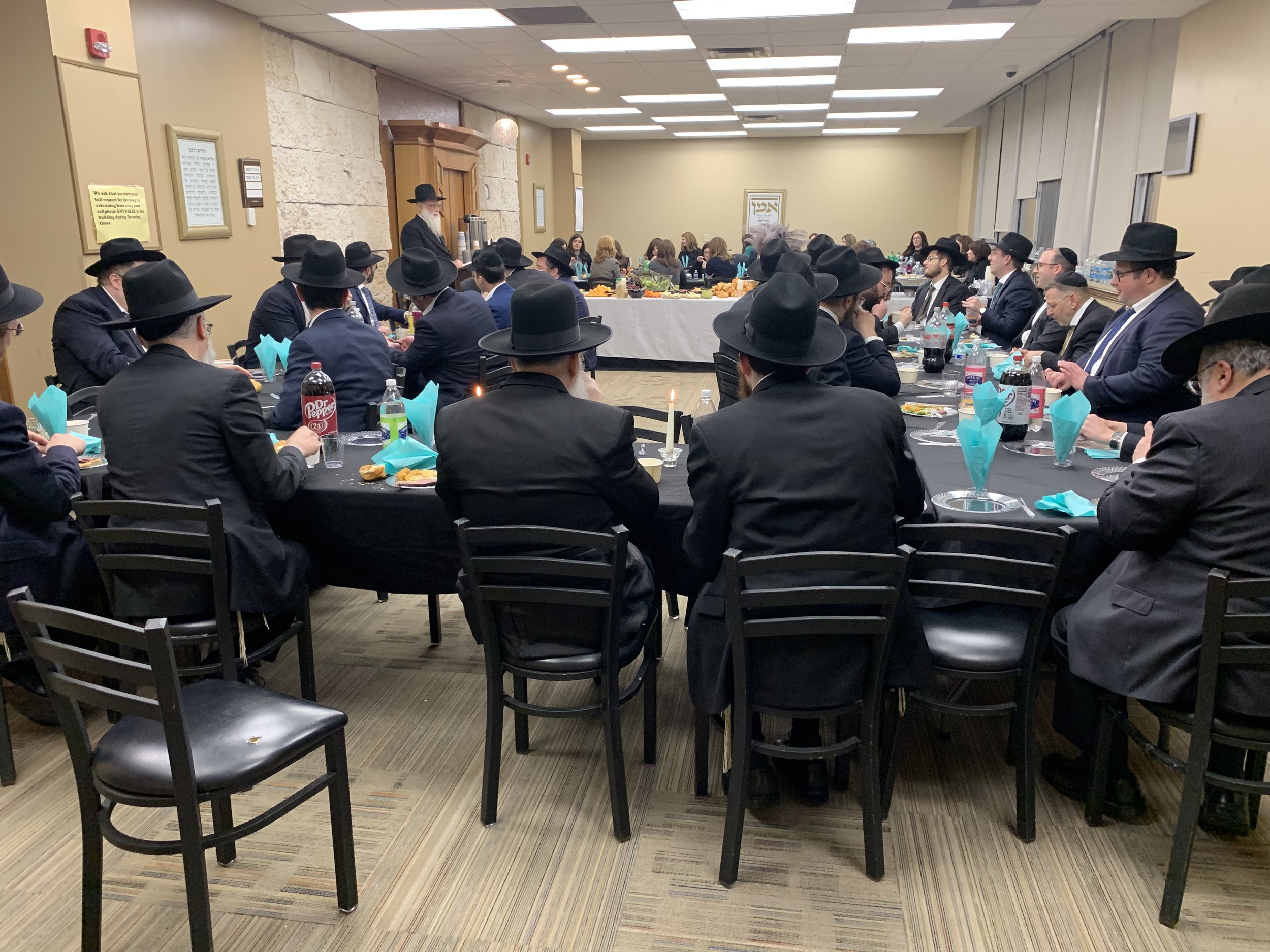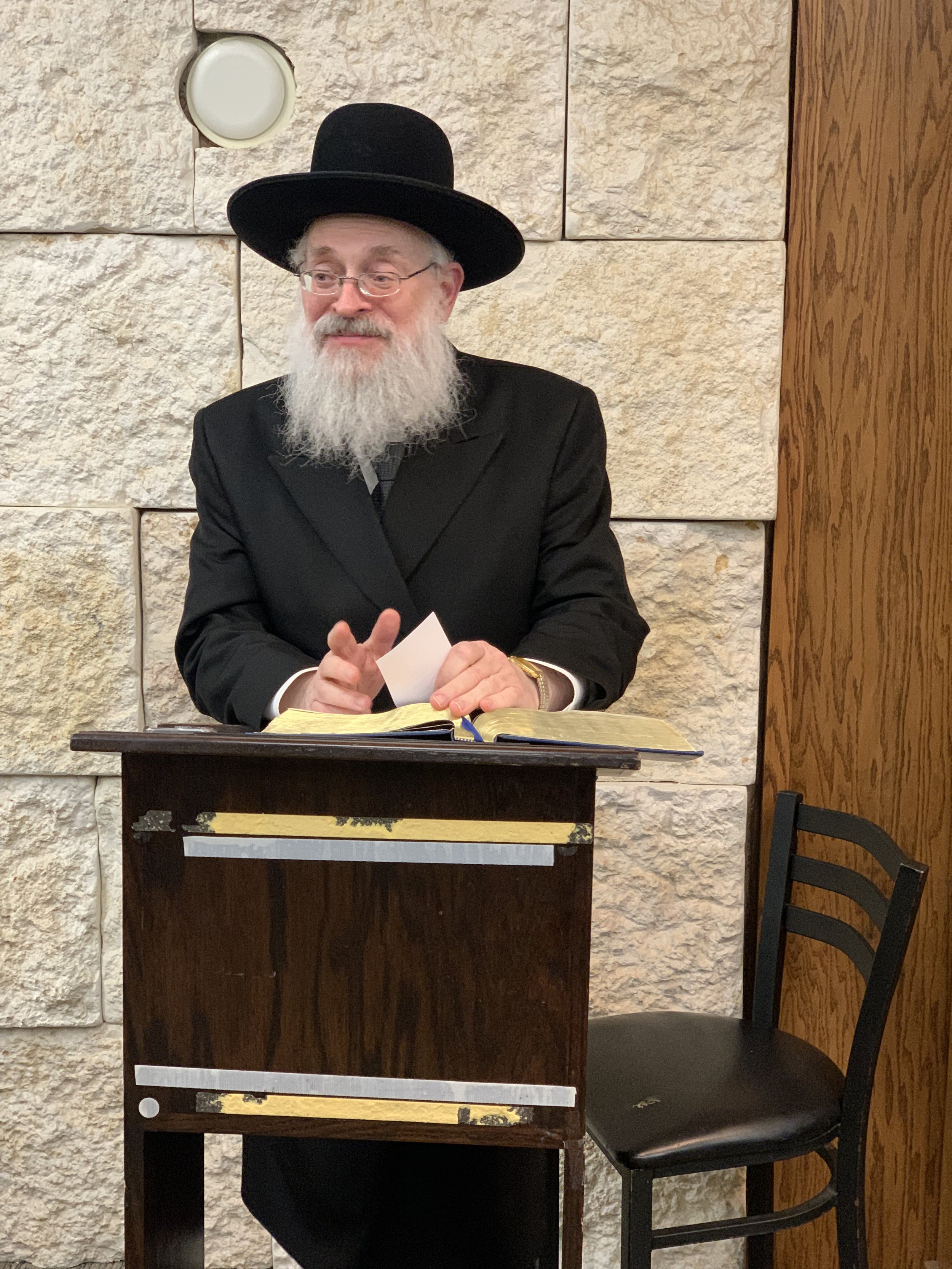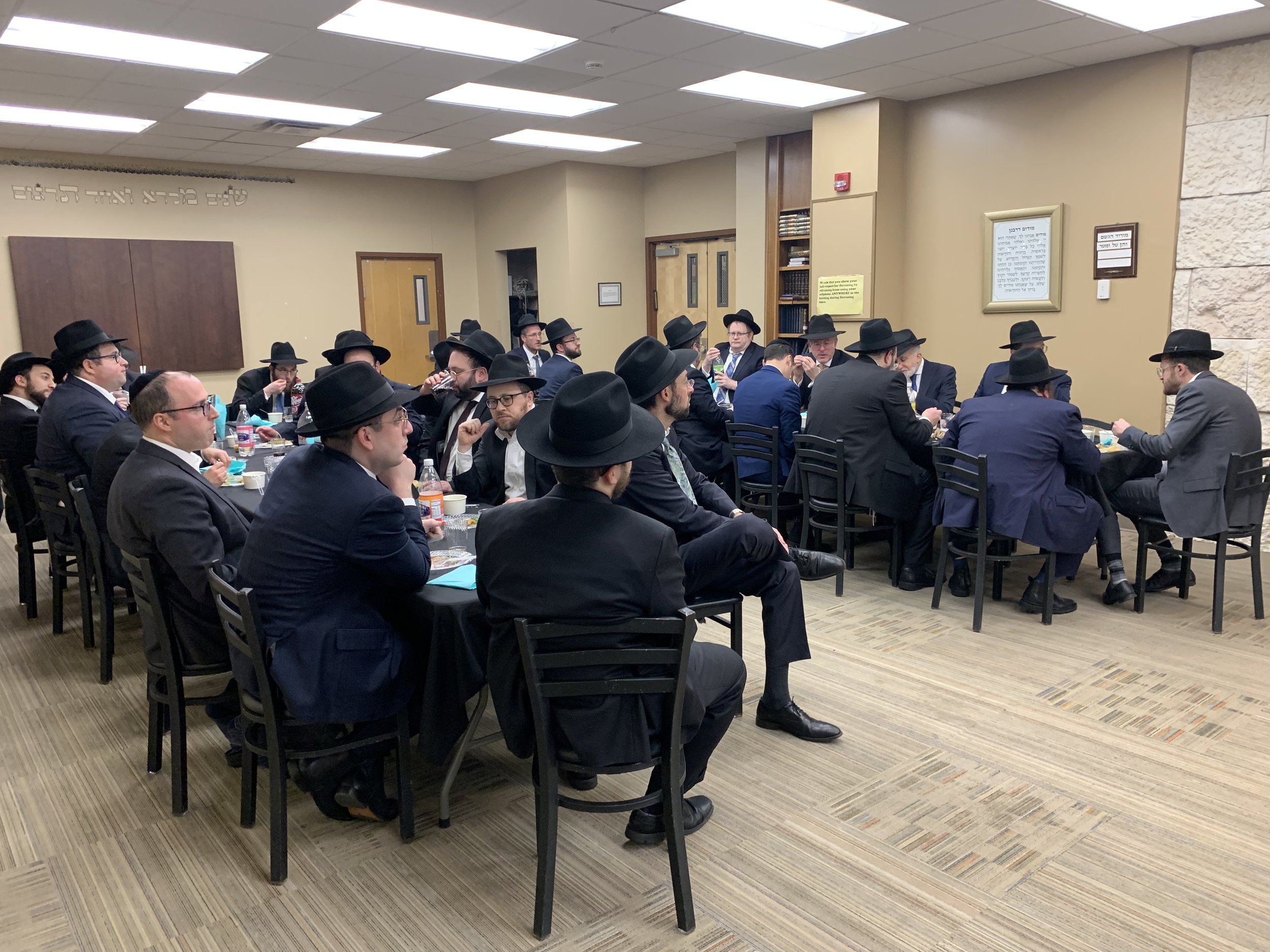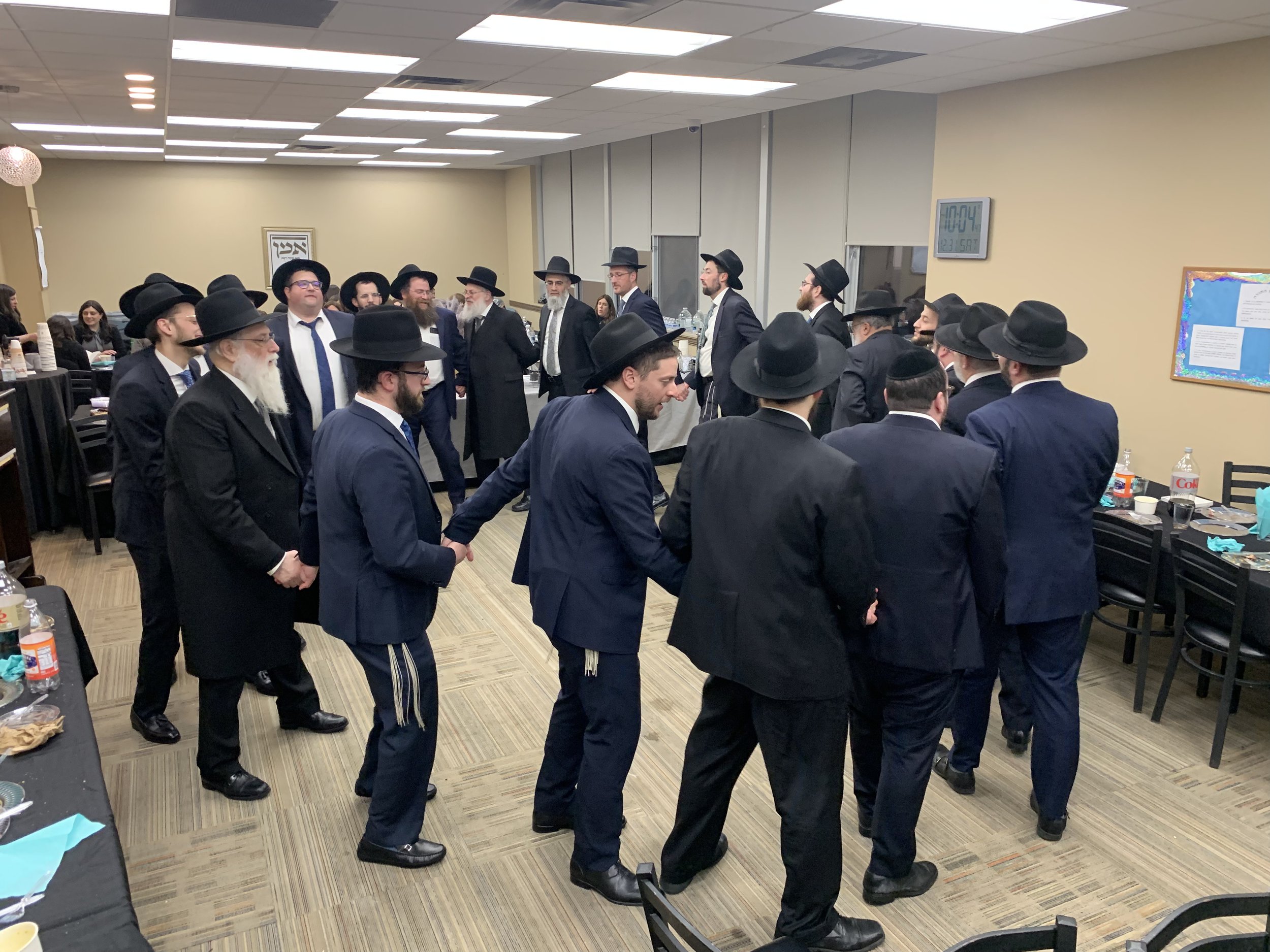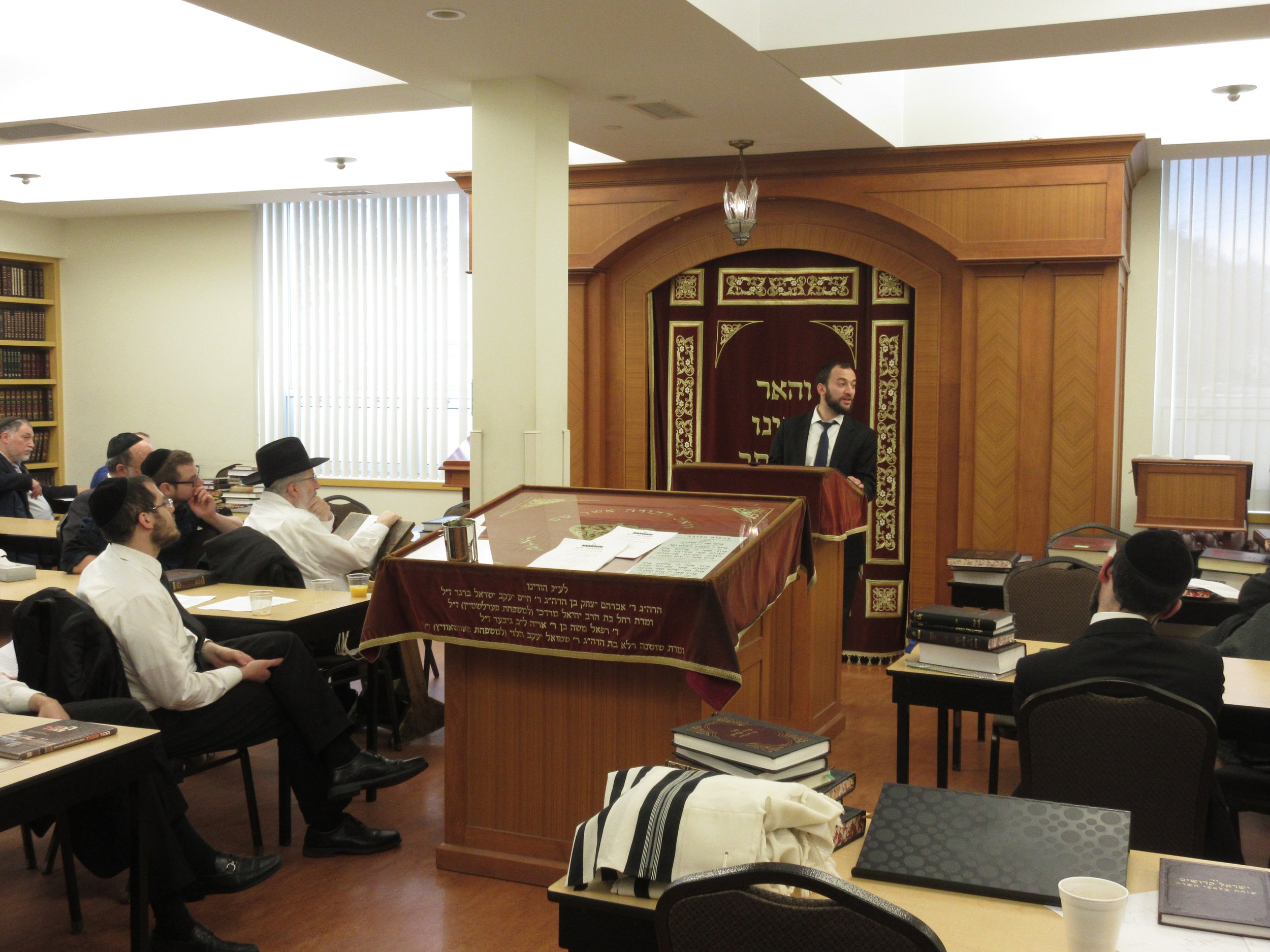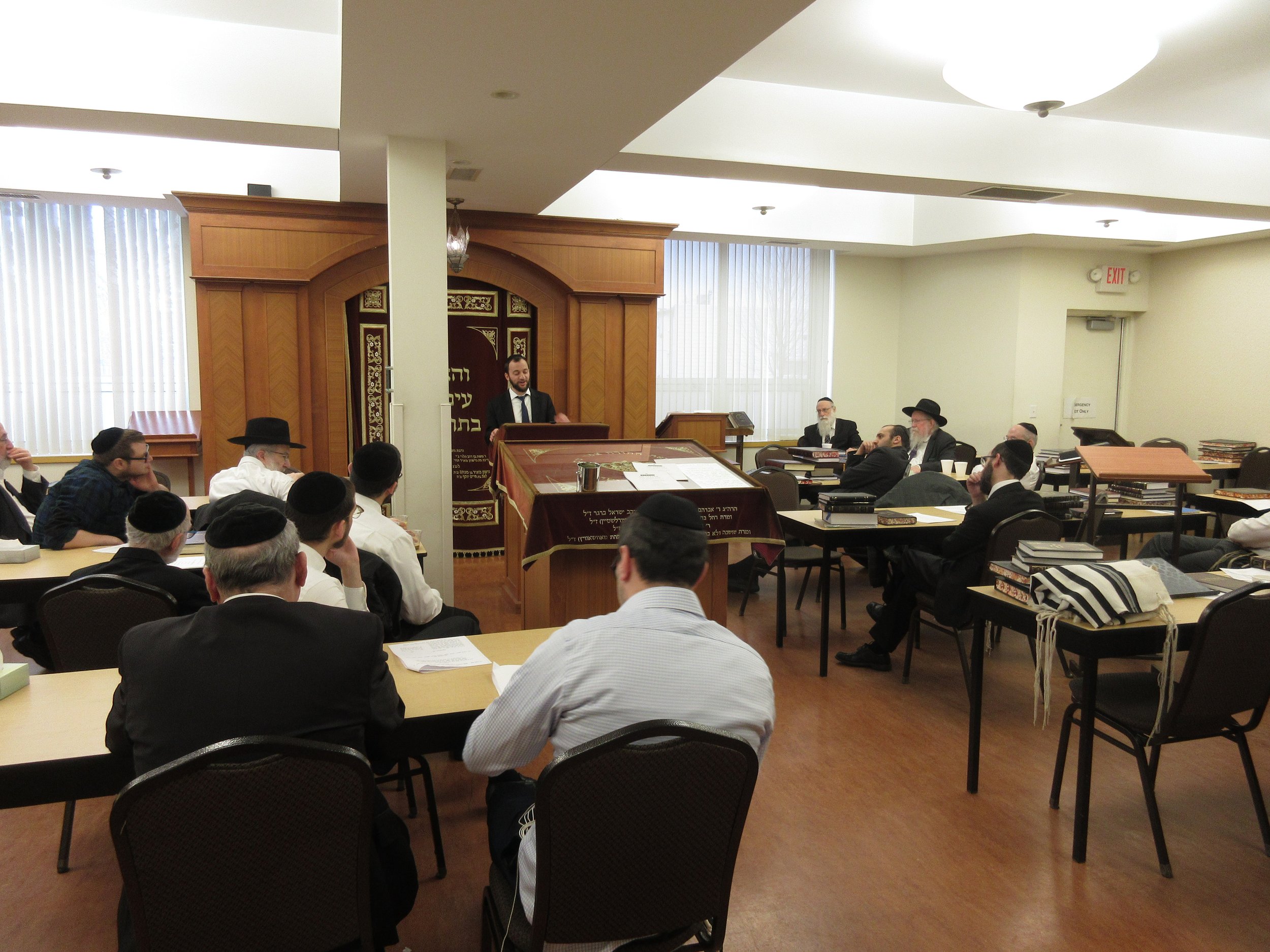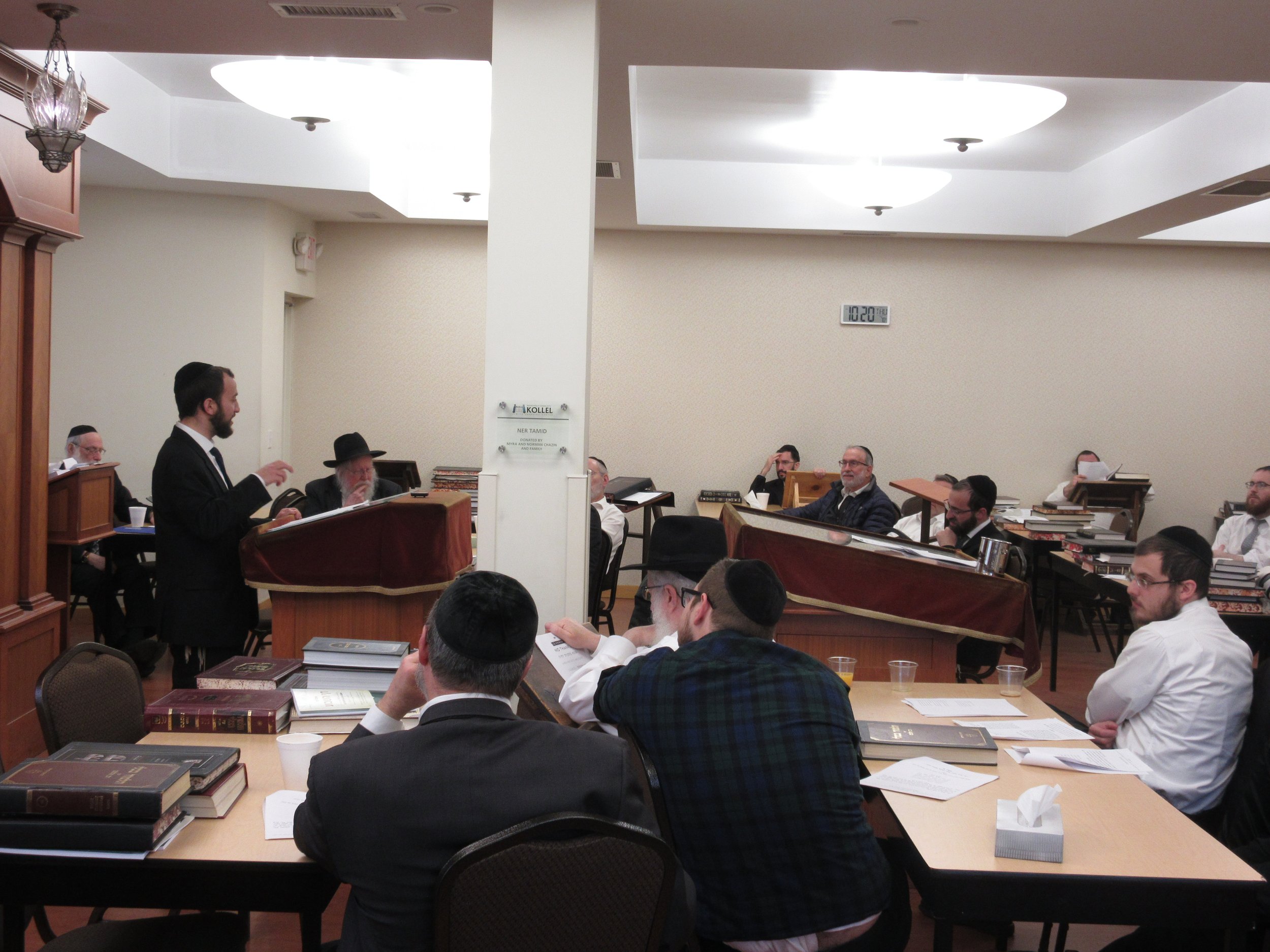Imagine your spouse loves the outdoors. Hiking, sleeping under the stars, exploring untamed forests, a dream getaway. You? You're more of a city person. The outdoor life doesn't do much for you. One day your spouse asks you to spend a week in the wild, untamed expanses of Yellowstone, so you go. After a packed trip, you're on your way home in the car and your spouse asks, "So, how did you like seeing the bison, moose, all that wildlife?"
"The bison?" you ask yourself. You turn to your spouse, "I guess they were alright..."
Then it hits you. That warm feeling you have isn't because of your newfound appreciation of nature, but of the fact that you just spent an entire week in the presence of your spouse; it was a bonding experience - one that you would never have at home.
As I'm sure you've heard by now, we had an incredible learning trip to Chicago this week. The shiurim were amazing, the learning was invigorating (and the food was ok 😁).
That said, there were people of all backgrounds and skill levels in learning that came. However, there was one constant- the indescribable feeling of spending an entire day with Hashem. In the Beis Medrash learning, hearing shiurim, davening, etc.
So, next time we embark on a trip with Hashem, are you joining?!



